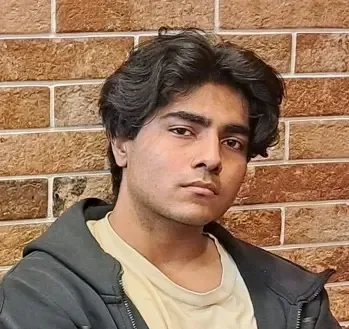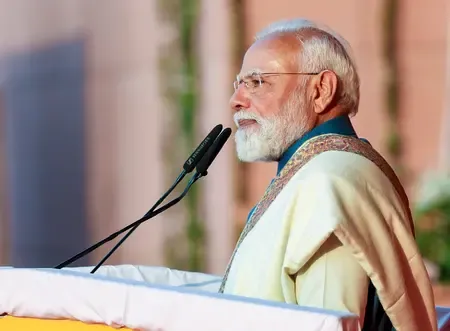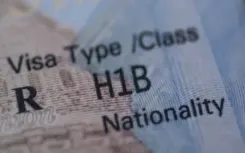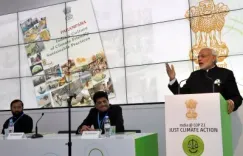Why Did PMK Founder Ramadoss Remove Son Anbumani from the Executive Committee?
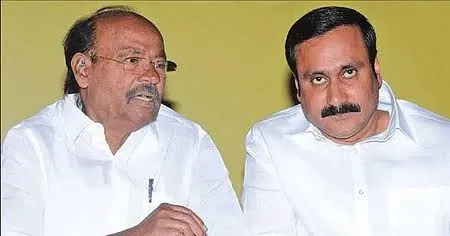
Synopsis
Key Takeaways
- S. Ramadoss has removed his son Anbumani Ramadoss from the PMK executive committee.
- The decision highlights internal conflicts regarding leadership and direction.
- The PMK is at a crucial point ahead of the 2026 elections.
- Party dynamics may shift significantly as a result of this leadership change.
- Support from the Vanniyar community remains vital for PMK's future.
Chennai, July 6 (NationPress) In a significant development that underscores a widening divide within the Pattali Makkal Katchi (PMK), the party's founder, S. Ramadoss, has decided to exclude his son and the current president, Anbumani Ramadoss, from the executive committee.
This unexpected move has arisen amid growing speculation regarding internal conflicts between the two leaders concerning the party's future direction and governance.
The executive committee, which was based in Tindivanam and was crucial for the party's decision-making processes, included prominent figures such as Thilagapama, Balu, Venkateswaran, and Vadivel Ravanan.
On Sunday, Ramadoss declared the dissolution of the entire executive committee, effectively marginalizing all its members, including his own son.
While no formal justification has been provided for this decision, insiders within the party have indicated that increasing disagreements between the father and son revolve around critical issues like leadership style, candidate selections, and alliance strategies as the 2026 Assembly elections approach.
Anbumani, who has been pushing for a more contemporary and pragmatic political stance, has reportedly had clashes with the established views held by the party's founding leaders.
For over a year, tensions have been building, with party insiders noting deteriorating communications and differing public stances on significant political events.
Anbumani's growing assertiveness, particularly his outreach efforts towards youth and emphasis on health, education, and governance reforms, has reportedly caused discomfort among some traditional members, who feel marginalized. This internal strife escalated following a recent high-ranking meeting in Tindivanam, where contrasting visions for the party's future reportedly sparked intense debates.
The disbandment of the executive committee is seen as a bold move by Ramadoss to re-establish authority within the party's framework.
The PMK, historically supported by the Vanniyar community, now stands at a pivotal juncture.
With the 2026 state elections looming, the timing of this leadership shake-up could have significant implications for the party's strategies and electoral positioning.
Party members throughout Tamil Nadu are reportedly stunned by this turn of events, and it remains uncertain how Anbumani Ramadoss will react to this unforeseen political challenge.


